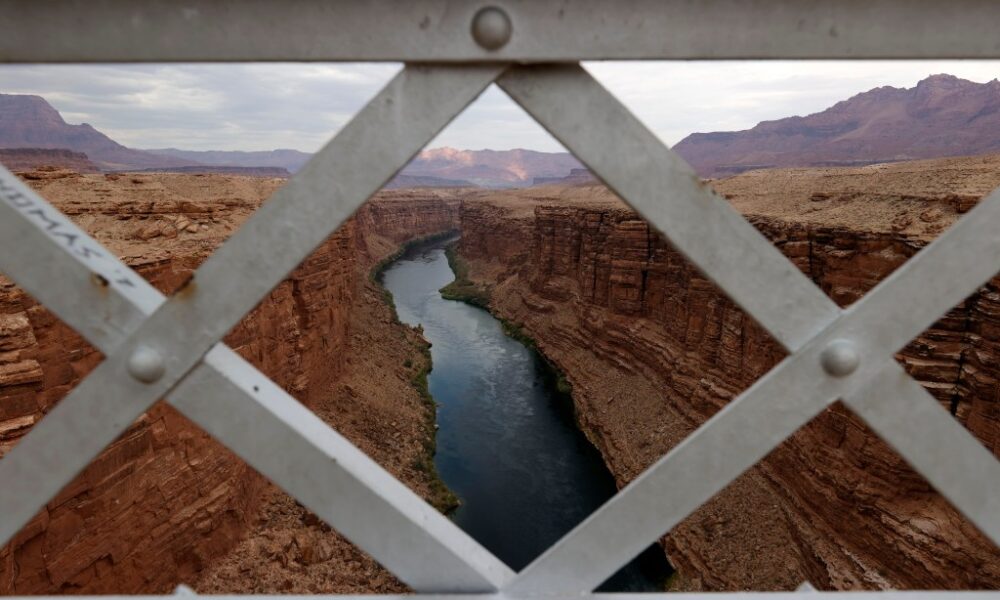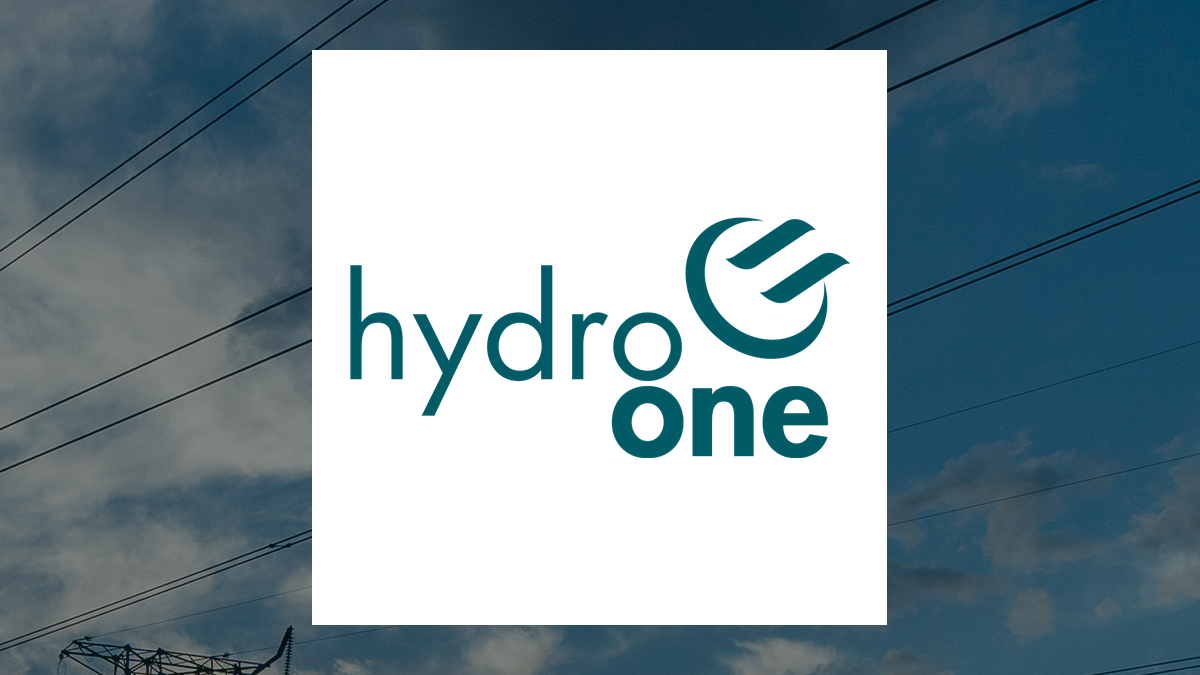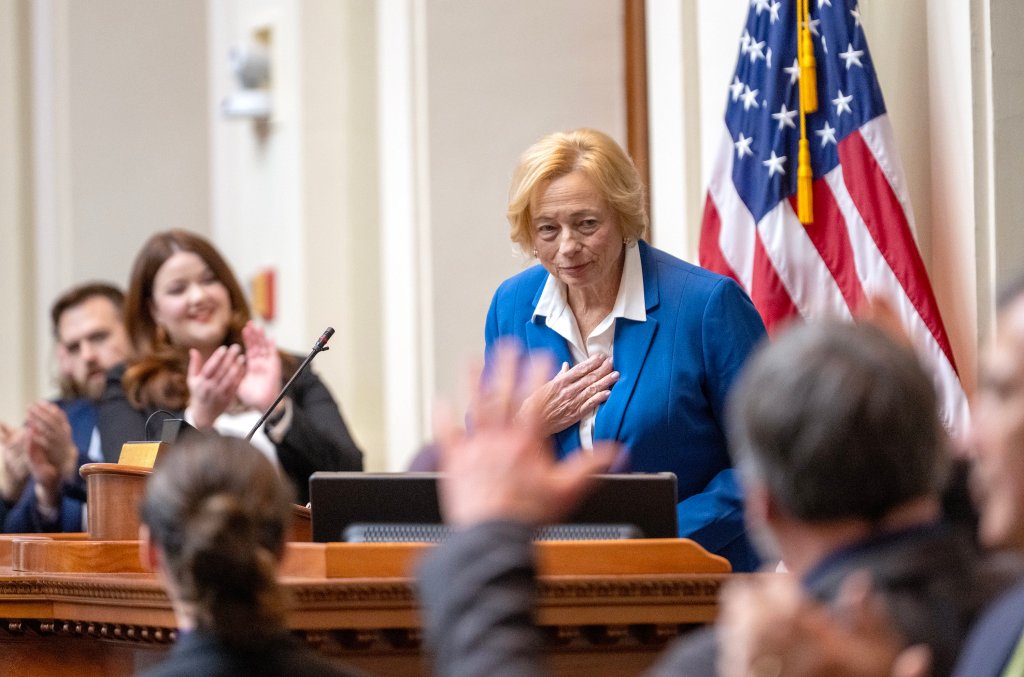A recent editorial has sparked debate over the management of water resources in the Colorado River Basin, particularly between the Lower Basin states and their Upper Basin counterparts. In a letter published in response to an editorial titled “California and Arizona’s water negotiators wrong to target Colorado,” JB Hamby, Chairman of the Colorado River Board of California, defended the actions taken by California, Arizona, and Nevada, collectively known as the Lower Basin states, in addressing the ongoing drought affecting the region.
The editorial mischaracterized both the intentions and actions of the Lower Basin states. Hamby argued that the call for cooperation among all Basin states is not merely rhetoric but a necessary step toward sustainable water management. He emphasized that the Lower Basin states have taken substantial measures to mitigate the impacts of a historic drought, which has severely diminished runoff and water storage.
In the past two decades, concerted efforts from the Lower Basin have resulted in a remarkable increase in the elevation of Lake Mead by nearly 190 feet. From 2023 through the end of 2026, these states are projected to cut water use by an astonishing 7.5 million acre-feet, a reduction exceeding double the annual usage of the Upper Basin states. This proactive stance is essential for balancing the water needs of the region as drought conditions continue.
Looking ahead, the Lower Basin states have proposed even more significant annual cuts that would surpass current commitments. These reductions would be implemented with the understanding that further cuts to the Upper Basin will occur only if hydrological conditions worsen. Hamby indicated that the Lower Basin has offered to shoulder more than 85% of the necessary reductions required to sustain the river system.
The urgency of these discussions is underscored by the approaching deadline for new Colorado River rules, which must be finalized before 2026. Hamby pointed out that the key issue at hand is how all seven Basin states will share in the responsibility of reducing water consumption. He warned against the tendency to blame downstream states, stating that such scapegoating does not contribute to effective solutions.
He stressed the critical need for compromise and collaboration among the states, asserting that the time for action is now. The ongoing drought does not allow for complacency; it requires a united front among all states that depend on the Colorado River.
In closing, Hamby reiterated that the Lower Basin states are committed to protecting the farmers and families who rely on this vital resource. He made it clear that any solution must involve meaningful participation from the Upper Basin states to ensure a sustainable future for the entire Colorado River Basin, moving away from finger-pointing and towards actionable cooperation.







